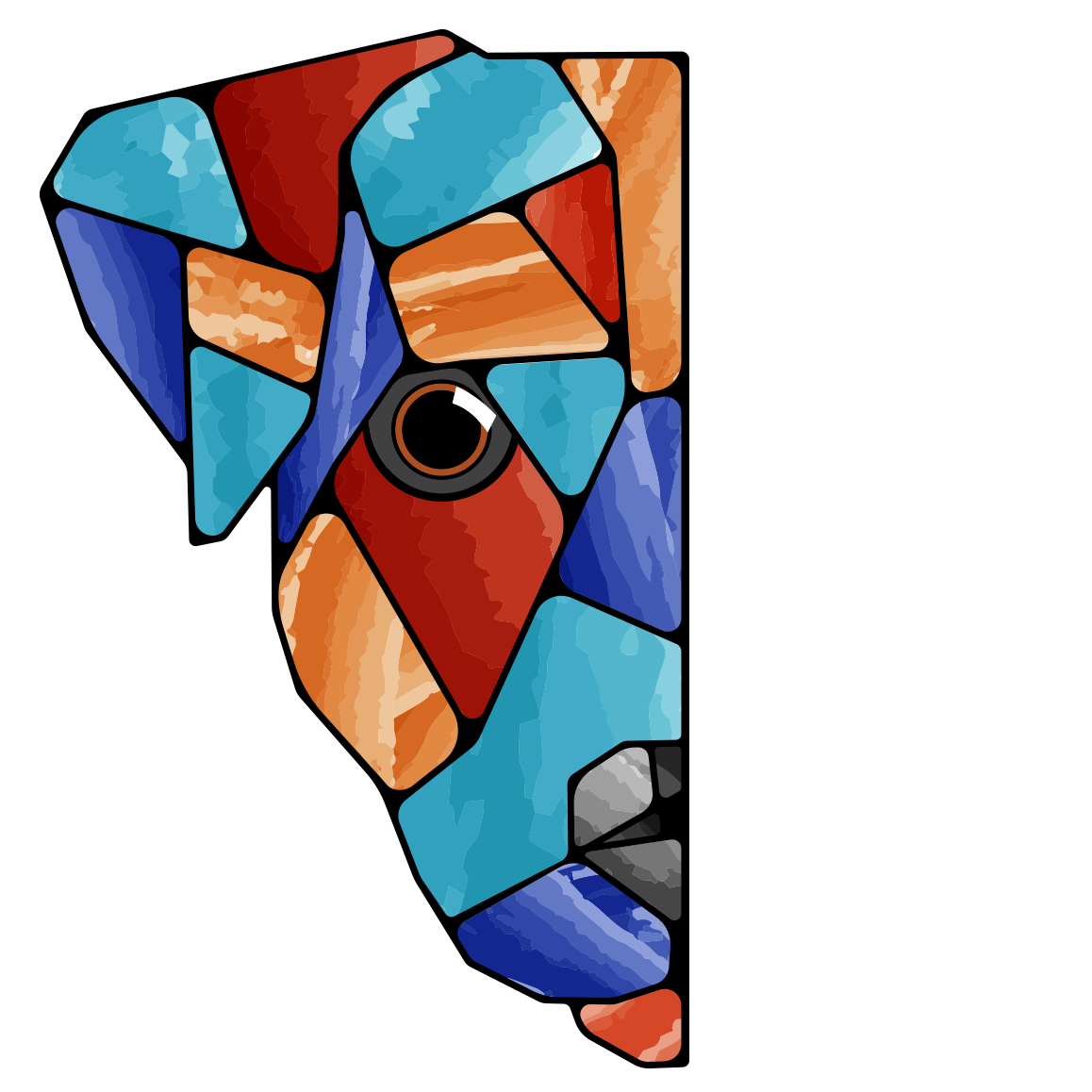Most pets develop some form of dental disease by age 3. Without proper care, bacteria can build up along the gumline and lead to painful infections, loose teeth, and even damage to major organs like the heart, liver, and kidneys.
Dental disease is progressive—but it’s also highly preventable. That’s why we recommend annual dental evaluations and cleanings as part of your pet’s wellness routine.
Just like people, pets need regular dental care to live healthy, pain-free lives. At Neighborhood Veterinary Centers Wallisville, we offer comprehensive dental services for cats and dogs—because a clean mouth isn’t just about fresh breath; it’s a key part of your pet’s overall health.
If you’ve ever wondered, “How often should my dog get a dental cleaning?” or “Why does my cat’s breath smell so bad?”, you’re not alone. Dental disease is one of the most common health issues in pets, and it often goes unnoticed until it causes real discomfort. We’re here to help prevent that.

